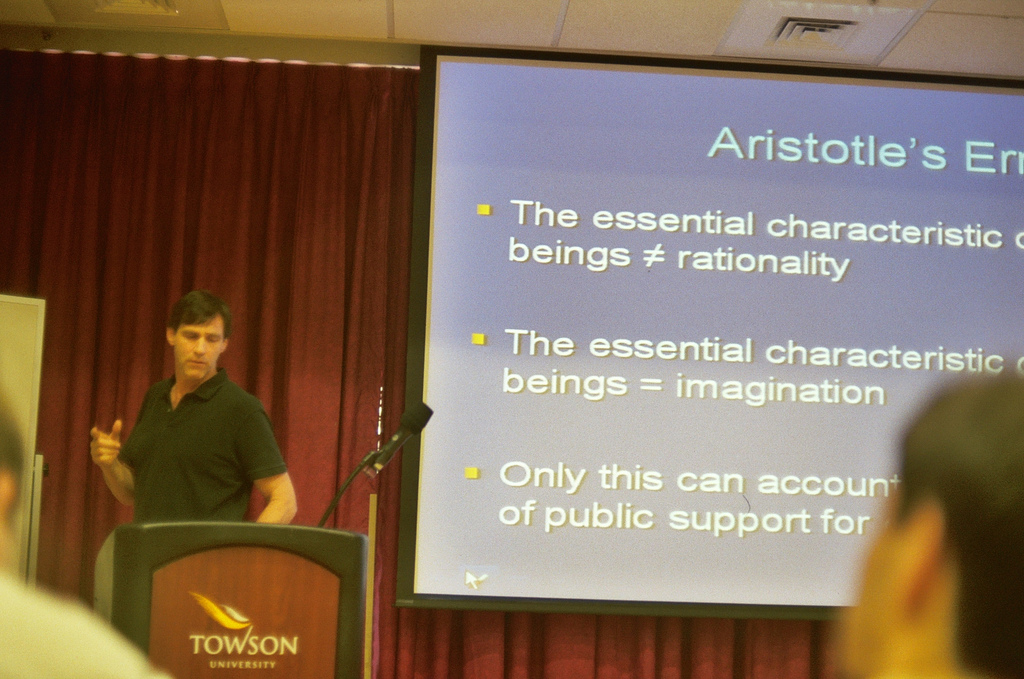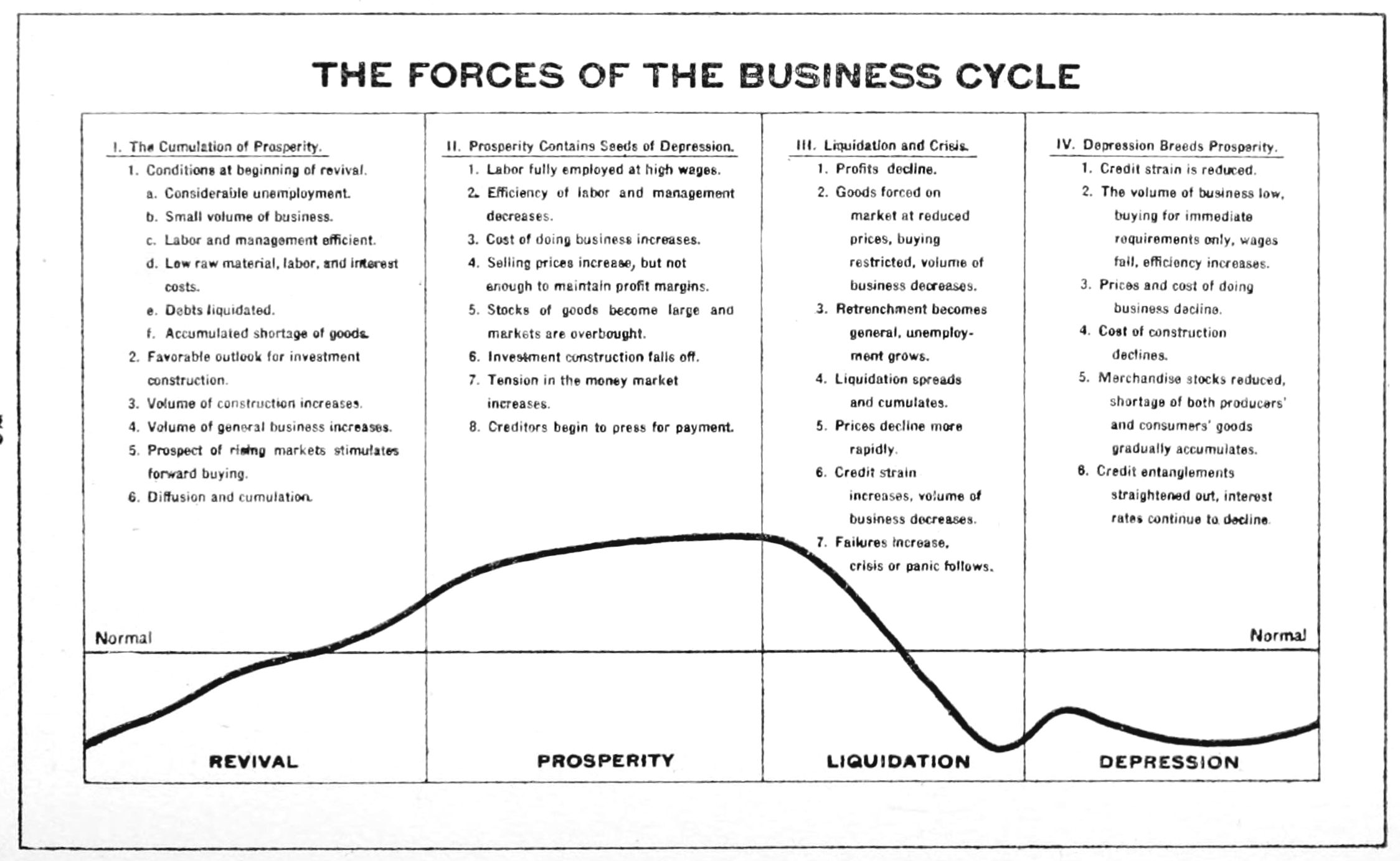|
America's Great Depression
''America's Great Depression'' is a 1963 treatise on the 1930s Great Depression and its root causes, written by Austrian School economist and author Murray Rothbard. The fifth edition was released in 2000. Brief summary Rothbard holds the Economic interventionism, interventionist policies of the Herbert Hoover administration responsible for magnifying the duration, breadth, and intensity of the Great Depression. Rothbard explains the Austrian Business Cycle Theory, Austrian theory of the business cycle, which holds that government manipulation of the money supply sets the stage for the familiar "Boom and bust, boom-bust" phases of the modern market. He then details the inflationary policies of the Federal Reserve from 1921 to 1929 as evidence that the depression was essentially caused not by speculation, but by government and central bank interference in the market. Publishing history * 5th Edition: Auburn, Ala.: Ludwig von Mises Institute, June 15, 2000. Hardcover. 368 pages. . ... [...More Info...] [...Related Items...] OR: [Wikipedia] [Google] [Baidu] |
Murray Rothbard
Murray Newton Rothbard (; March 2, 1926 – January 7, 1995) was an American economist of the Austrian School, economic historian, political theorist, and activist. Rothbard was a central figure in the 20th-century American libertarian movement and a founder and leading theoretician of anarcho-capitalism. He wrote over twenty books on political theory, history, economics, and other subjects. Rothbard argued that all services provided by the "monopoly system of the corporate state" could be provided more efficiently by the private sector and wrote that the state is "the organization of robbery systematized and writ large". He called fractional-reserve banking a form of fraud and opposed central banking. He categorically opposed all military, political, and economic interventionism in the affairs of other nations. According to his protégé Hans-Hermann Hoppe, " ere would be no anarcho-capitalist movement to speak of without Rothbard". Libertarian economist Jeffrey Her ... [...More Info...] [...Related Items...] OR: [Wikipedia] [Google] [Baidu] |
Inflation
In economics, inflation is an increase in the general price level of goods and services in an economy. When the general price level rises, each unit of currency buys fewer goods and services; consequently, inflation corresponds to a reduction in the purchasing power of money. The opposite of inflation is deflation, a sustained decrease in the general price level of goods and services. The common measure of inflation is the inflation rate, the annualized percentage change in a general price index. As prices do not all increase at the same rate, the consumer price index (CPI) is often used for this purpose. The employment cost index is also used for wages in the United States. Most economists agree that high levels of inflation as well as hyperinflation—which have severely disruptive effects on the real economy—are caused by persistent excessive growth in the money supply. Views on low to moderate rates of inflation are more varied. Low or moderate inflation may be attri ... [...More Info...] [...Related Items...] OR: [Wikipedia] [Google] [Baidu] |
1963 Non-fiction Books
Events January * January 1 – Bogle–Chandler case: Commonwealth Scientific and Industrial Research Organisation scientist Dr. Gilbert Bogle and Mrs. Margaret Chandler are found dead (presumed poisoned), in bushland near the Lane Cove River, Sydney, Australia. * January 2 – Vietnam War – Battle of Ap Bac: The Viet Cong win their first major victory. * January 9 – A total penumbral lunar eclipse is visible in the Americas, Europe, Africa, and Asia, and is the 56th lunar eclipse of Lunar Saros 114. Gamma has a value of −1.01282. It occurs on the night between Wednesday, January 9 and Thursday, January 10, 1963. * January 13 – 1963 Togolese coup d'état: A military coup in Togo results in the installation of coup leader Emmanuel Bodjollé as president. * January 17 – A last quarter moon occurs between the penumbral lunar eclipse and the annular solar eclipse, only 12 hours, 29 minutes after apogee. * January 19 – Soviet spy Gheorg ... [...More Info...] [...Related Items...] OR: [Wikipedia] [Google] [Baidu] |
Institute For Humane Studies
The Institute for Humane Studies (IHS) is a non-profit organization that promotes the teaching and research of classical liberalism in higher education in the United States. IHS offers funding opportunities, programs, and events for faculty and graduate students seeking careers in academia as well as various fellowships. Founded by F. A. "Baldy" Harper in 1961, Quote: "and he moved to transfer the bulk of the Volker funds to a new Institute for Humane Studies, which would expand the Volker concept and would provide a permanent home for libertarian fellowships, scholarship, conferences, and publications." the organization later began an association with George Mason University and in 1985 moved to Fairfax, Virginia. The institute is currently located at 3434 Washington Blvd. on the Arlington campus of George Mason University. It is partially funded by the Charles Koch Foundation. History The Institute for Humane Studies was founded in 1961 in Menlo Park, California, by F. A. Ha ... [...More Info...] [...Related Items...] OR: [Wikipedia] [Google] [Baidu] |
Paul Johnson (writer)
Paul Bede Johnson (born 2 November 1928) is an English journalist, popular historian, speechwriter, and author. Although associated with the political left in his early career, he is now a conservative popular historian. Johnson was educated at the Jesuit independent school Stonyhurst College, and at Magdalen College, Oxford. He first came to prominence in the 1950s as a journalist writing for and later editing the ''New Statesman'' magazine. A prolific writer, Johnson has written over 40 books and contributed to numerous magazines and newspapers. His sons include the journalist Daniel Johnson, founder of '' Standpoint'' magazine, and the businessman Luke Johnson, former chairman of Channel 4. Early life and career Johnson was born in Manchester. His father, William Aloysius Johnson, was an artist and Principal of the Art School in Burslem, Stoke-on-Trent, Staffordshire. At Stonyhurst College, Johnson received an education grounded in the Jesuit method, which he preferre ... [...More Info...] [...Related Items...] OR: [Wikipedia] [Google] [Baidu] |
Ludwig Von Mises Institute
Ludwig von Mises Institute for Austrian Economics, or Mises Institute, is a libertarian nonprofit think tank headquartered in Auburn, Alabama, United States. It is named after the Austrian School economist Ludwig von Mises (1881–1973). It was founded in 1982 by Lew Rockwell. Its creation was funded by Ron Paul. History The Ludwig von Mises Institute was founded in 1982 by Lew Rockwell. Rockwell, who had previously served as editor for Arlington House Publishers, received the blessing of Margit von Mises during a meeting at the Russian Tea Room in New York City, and she was named the first chairman of the board. Early supporters of the institute included F.A. Hayek, Henry Hazlitt, Murray Rothbard, Ron Paul, and Burt Blumert. According to Rockwell, the motivation of the institute was to promote the specific contributions of Ludwig von Mises, who he feared was being ignored by libertarian institutions financed by Charles Koch and David Koch. As recounted by Justin Raimondo, ... [...More Info...] [...Related Items...] OR: [Wikipedia] [Google] [Baidu] |
Speculation
In finance, speculation is the purchase of an asset (a commodity, good (economics), goods, or real estate) with the hope that it will become more valuable shortly. (It can also refer to short sales in which the speculator hopes for a decline in value.) Many speculators pay little attention to the fundamental value of a security and instead focus purely on price movements. In principle, speculation can involve any tradable good or financial instrument. Speculators are particularly common in the markets for stocks, bond (finance), bonds, commodity futures, currency, currencies, fine art, collectibles, real estate, and derivative (finance), derivatives. Speculators play one of four primary roles in financial markets, along with hedge (finance), hedgers, who engage in transactions to offset some other pre-existing risk, arbitrageus who seek to profit from situations where Fungibility, fungible instruments trade at different prices in different market segments, and investors who s ... [...More Info...] [...Related Items...] OR: [Wikipedia] [Google] [Baidu] |
Federal Reserve
The Federal Reserve System (often shortened to the Federal Reserve, or simply the Fed) is the central banking system of the United States of America. It was created on December 23, 1913, with the enactment of the Federal Reserve Act, after a series of financial panics (particularly the panic of 1907) led to the desire for central control of the monetary system in order to alleviate financial crises. Over the years, events such as the Great Depression in the 1930s and the Great Recession during the 2000s have led to the expansion of the roles and responsibilities of the Federal Reserve System. Congress established three key objectives for monetary policy in the Federal Reserve Act: maximizing employment, stabilizing prices, and moderating long-term interest rates. The first two objectives are sometimes referred to as the Federal Reserve's dual mandate. Its duties have expanded over the years, and currently also include supervising and regulating banks, maintaining the stabili ... [...More Info...] [...Related Items...] OR: [Wikipedia] [Google] [Baidu] |
Boom And Bust
Business cycles are intervals of expansion followed by recession in economic activity. These changes have implications for the welfare of the broad population as well as for private institutions. Typically business cycles are measured by examining trends in a broad economic indicator such as Real Gross Domestic Production. Business cycle fluctuations are usually characterized by general upswings and downturns in a span of macroeconomic variables. The individual episodes of expansion/recession occur with changing duration and intensity over time. Typically their periodicity has a wide range from around 2 to 10 years (the technical phrase "stochastic cycle" is often used in statistics to describe this kind of process.) As in arvey, Trimbur, and van Dijk, 2007, ''Journal of Econometrics'' such flexible knowledge about the frequency of business cycles can actually be included in their mathematical study, using a Bayesian statistical paradigm. There are numerous sources of business ... [...More Info...] [...Related Items...] OR: [Wikipedia] [Google] [Baidu] |
Economic History
Economic history is the academic learning of economies or economic events of the past. Research is conducted using a combination of historical methods, statistical methods and the application of economic theory to historical situations and institutions. The field can encompass a wide variety of topics, including equality, finance, technology, labour, and business. It emphasizes historicizing the economy itself, analyzing it as a dynamic force and attempting to provide insights into the way it is structured and conceived. Using both quantitative data and qualitative sources, economic historians emphasize understanding the historical context in which major economic events take place. They often focus on the institutional dynamics of systems of production, labor, and capital, as well as the economy's impact on society, culture, and language. Scholars of the discipline may approach their analysis from the perspective of different schools of economic thought, such as mainstream e ... [...More Info...] [...Related Items...] OR: [Wikipedia] [Google] [Baidu] |
Herbert Hoover
Herbert Clark Hoover (August 10, 1874 – October 20, 1964) was an American politician who served as the 31st president of the United States from 1929 to 1933 and a member of the Republican Party, holding office during the onset of the Great Depression in the United States. A self-made man who became rich as a mining engineer, Hoover led the Commission for Relief in Belgium, served as the director of the U.S. Food Administration, and served as the U.S. Secretary of Commerce. Hoover was born to a Quaker family in West Branch, Iowa, but he grew up in Oregon. He was one of the first graduates of the new Stanford University in 1895. He took a position with a London-based mining company working in Australia and China. He rapidly became a wealthy mining engineer. In 1914 at the outbreak of World War I, he organized and headed the Commission for Relief in Belgium, an international relief organization that provided food to occupied Belgium. When the U.S. entered the war in 191 ... [...More Info...] [...Related Items...] OR: [Wikipedia] [Google] [Baidu] |





.jpg)

